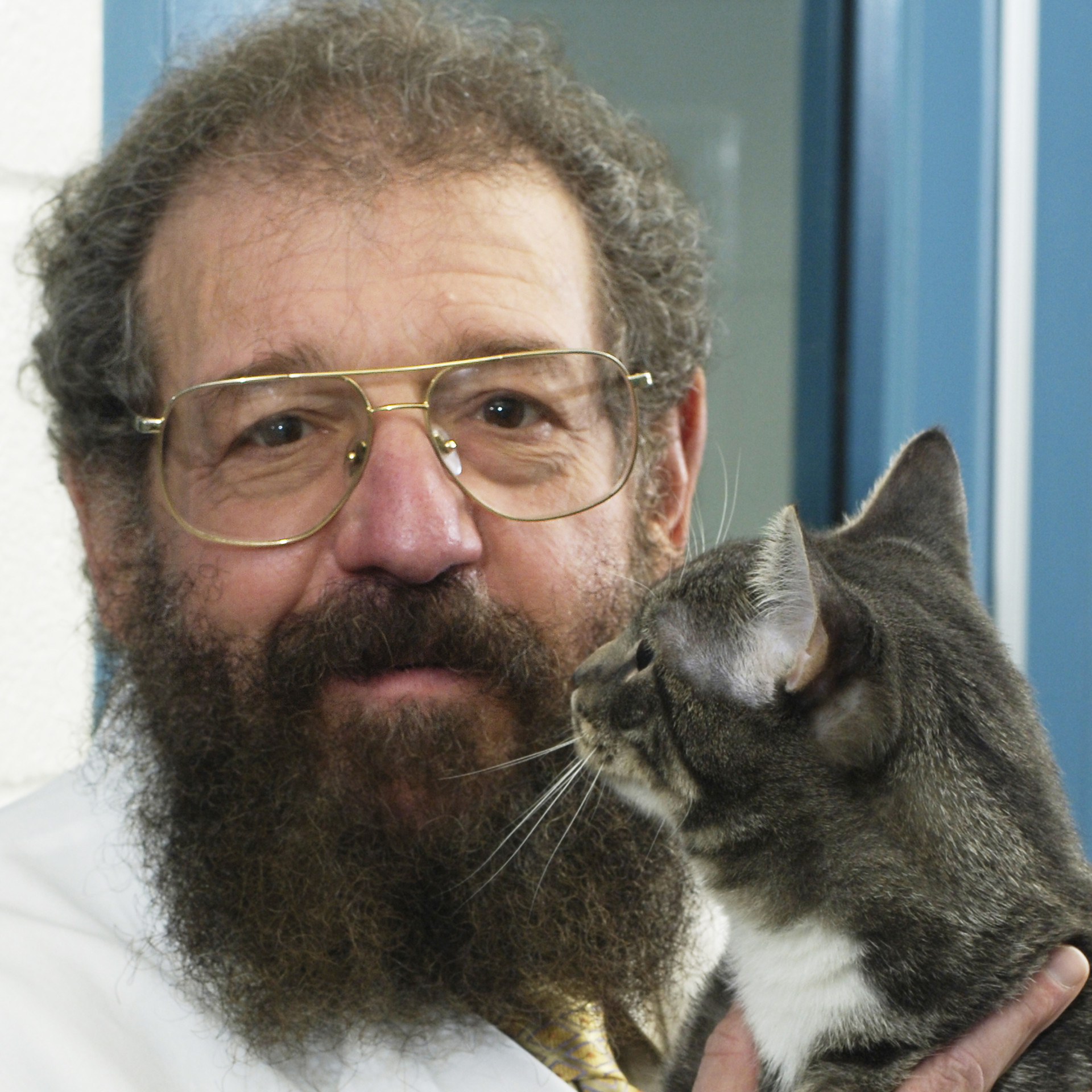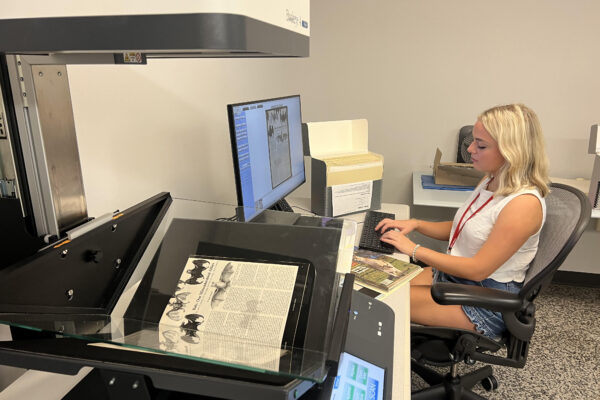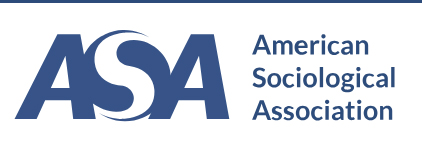CAF mourns the loss of philosopher and animal advocate Bernard Rollin. Mylan Engel, CAF board member and fellow philosopher and animal advocate, offers this appraisal:
Bernard (Bernie) Rollin (1943–2021) was an early pioneer of the contemporary animal rights movement. In 1981, he published Animal Rights and Human Morality [ARHM], in which he argued that animals have a have a right to moral concern. More specifically, he argued that animals have a basic moral right “that is on a higher level than any particular right, namely, the right to be dealt with or considered as moral objects by any given person who has moral principles, regardless of what those moral principles may be” (p. 83). In ARHM, he also argued that animals have a right to life (p. 84), but as far as I know he stopped attributing the right to life to animals in his subsequent writings. I think this may have been a largely pragmatic/strategic decision. He was deeply concerned with improving the lives of animals. He met regularly with farmers and animal researchers in an effort to improve their treatment of animals. Despite defending animals’ right to moral concern, he ended up mostly defending a form of welfarism: If we are going to continue using animals (which I think he thought was inevitable for the time being), then at the very least we should recognize them as the morally considerable beings that they are and treat them as well as possible (before killing them).
In ARHM, Rollin specifically chose to focus on the use of animals in research. He explains his decision not to deal with “food” animals as follows: “because there already exist admirable and detailed surveys” of that problem already published by others (p. 14). He was also a relatively early defender of animal consciousness (see his The Unheeded Cry: Animal Consciousness, Animal Pain and Science” [1989]). He was also a critic of what he called “scientific ideology” – a mistaken set of basic uncriticized assumptions presuppositional to twentieth-century science—in particular, the assumption that science is “value-free.”
He created the nation’s first ever veterinary medical ethics course at Colorado State University in 1978, and on April 1, 2016, he was presented with a Lifetime Achievement Award for Excellence in Research Ethics from Public Responsibility in Medicine & Research, a nonprofit organization that has created professional standards and credentials for the research ethics realm and is active in public policy. A short YouTube about him is available here:




